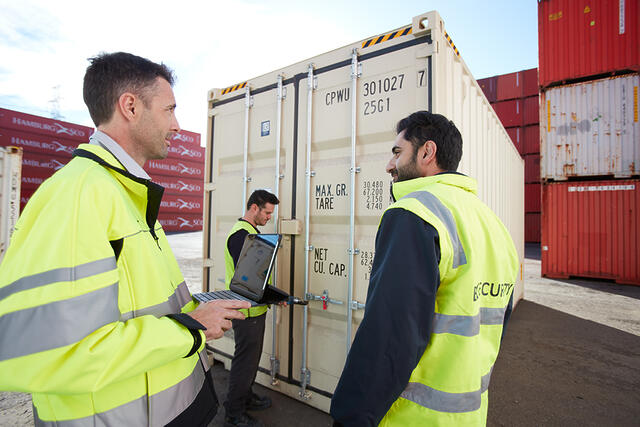New biosecurity regulatory fees and charges take effect on 1 July
The Australian Government is strengthening Australia’s biosecurity system through long-term, predictable, and sustainable funding.
These changes are part of a $1.03 billion sustainable funding package that was announced in the Federal Budget to maintain biosecurity policy, operational and technical functions on a sustainable basis.
A strong biosecurity system protects our national economy and way of life—including agricultural, fisheries and forestry exports forecast to be worth $74.5 billion in 2022-23, environmental assets worth over $5.7 trillion and 1.6 million jobs across the agricultural supply chain.
Deputy Secretary of Biosecurity and Compliance Dr Chris Locke said new fees and charges for importers would better reflect the true cost of delivering Australian biosecurity services.
“While some importers will experience slightly larger increases in the prices, the average increase across all importers is around 28%,” said Dr Locke.
“This is expected to raise an additional $35 million in revenue in 2023-24 to recover the department’s costs of managing the risks of pests and diseases associated with overseas imports.
“These changes follow the first end-to-end review of fees and charges in eight years.
“Since 2015, regulatory charges have not kept pace with constantly evolving threats at the Australia border.
“It’s an essential component of long-term, sustainable funding for Australian biosecurity.
“And it is one way that the Australian Government is working to ensure that importers and other risk creators pay their fair share of these system costs— consistent with the 2017 Intergovernmental Agreement on Biosecurity Review.
New fees and charges for biosecurity regulation, including forecast costs and expected volumes, are detailed on the department’s website.
View Original | AusPol.co Disclaimer
